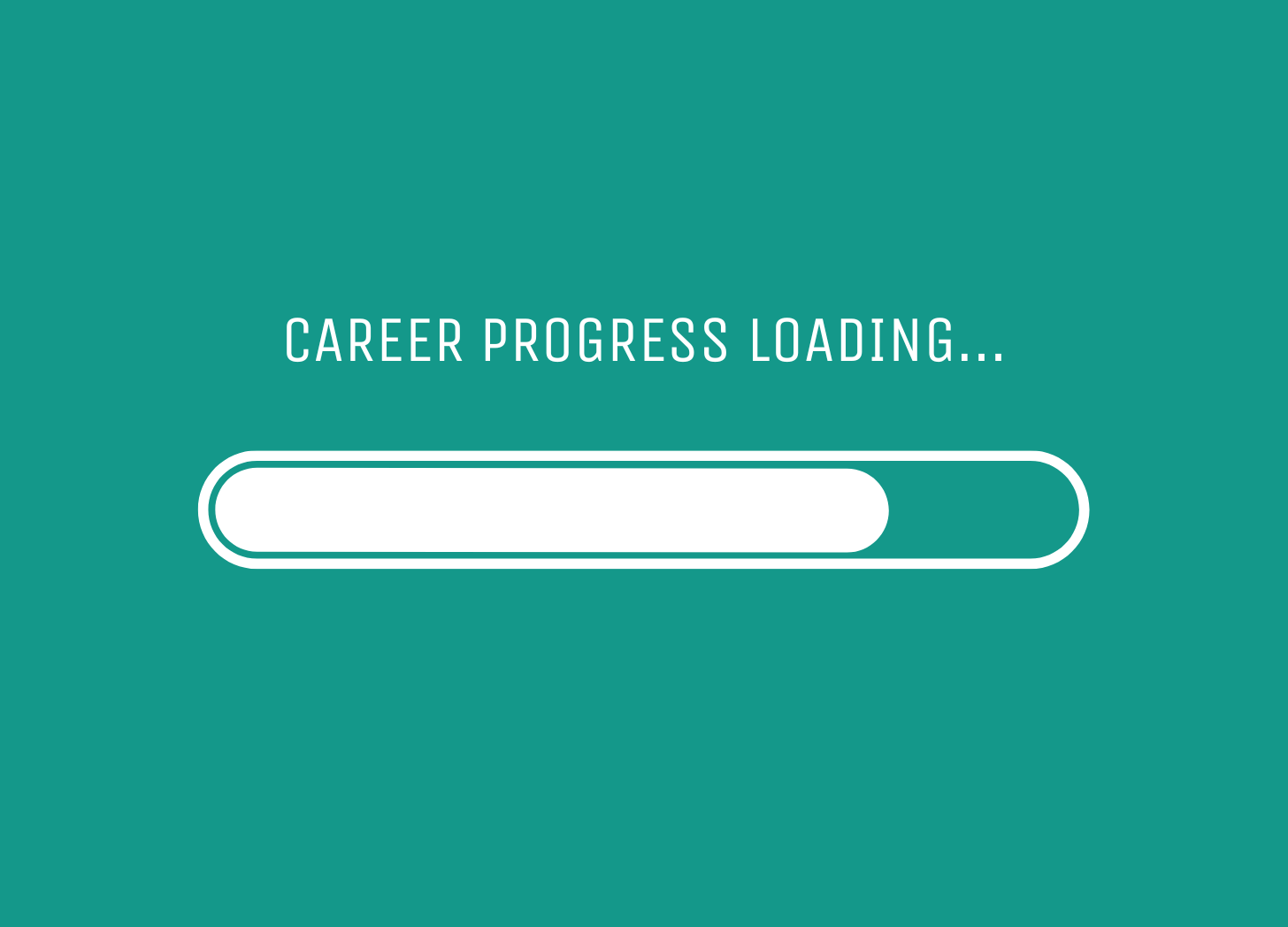What to do if you don't want to be promoted
There doesn't always have to be a step up
Have you ever thought you deserved a promotion?
After one or two years in a role, you thought it was time for more seniority and, helpfully for your bank balance, more money.
You won’t be alone.
The spoken, and often unspoken, race to the top where we’re always chasing that next step up.
Of course, many people will undoubtedly deserve and, more importantly, be ready for that promotion when it comes.
Others will think they’re ready and will be way off, which unfortunately means a difficult conversation.
But, for some of you reading this, you can’t imagine anything worse than a promotion.
More responsibility…
More people to manage…
More time with senior leaders…
It fills you with enough anxiety to stop you from ever working again.
And thinking all of this is normal.
It shows a natural reaction to facing something new or unknown, as you let imposter syndrome wreak havoc in your mind.
If this is you then don’t run away from that fear. It will keep you sharp and push you to try harder when you make that next step.
You will never be 100% ready for anything, so a little fear or nervousness is very healthy!
But…
What if you have categorically decided you don’t want to be promoted? Not through imposter syndrome or fear of failure, but because you know it’s not for you.
Maybe there’s another way…
Progression does not always equal promotion
Let’s quickly cover off that the thought of a promotion being scary is normal.
For those of you who don’t think you’re ready but have been told you are, there are ways to cope.
With your manager clearly define the following:
Your new role and responsibilities
The level of expectation
What KPIs you’re working to
What support you’ll be given
The salary increase and bonus benefits
For those not seeking promotion – either now or ever – that’s ok.
Deciding to explain that to your manager is huge.
It shows awareness, bravery and honesty.
What it doesn’t show is weakness or a fear of progress.
It shows you understand what you do now, why you’re good at it and what you get out of it.
A good manager will see this and then work with you to help you progress in your specialism.
Working out if this is the route for you can be tricky, but a good starting point is to decide if you love the idea of delving deeper into your area of expertise, rather than broader, knowing you can nail it at every step of the way.
This doesn’t necessarily mean you’re going to do the same job forever either. As your career evolves you might find yourself focusing even more sharply on one or two of your main skills.
I’ve seen social media managers focus solely on strategy and training, creative artworkers become industry-recognised retouching experts, and graphic designers working exclusively on customer experience projects.
None of these moves diminish their skills, but have meant they’ve honed them into something so distinct that they’re now acknowledged for them like never before.
Each one is a different role, but all share the same sharpening of their skills to a point of maximum precision and definition.
To me, there’s something quite powerful when I’m able to tell a client, customer, or team member when I’m bringing in the specialist.
It’s important to understand that progression doesn’t always result in a higher rung on the corporate ladder, but it can result in recognition like never before.
Understanding the difference between promotion and progression is often as useful as knowing how to do your job in the first place.
It might just be the help you need to decide on your career’s direction.
Something to ponder



